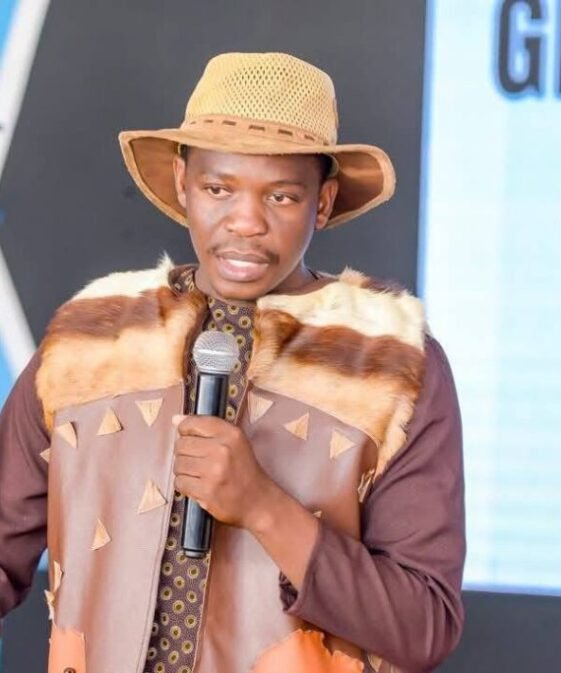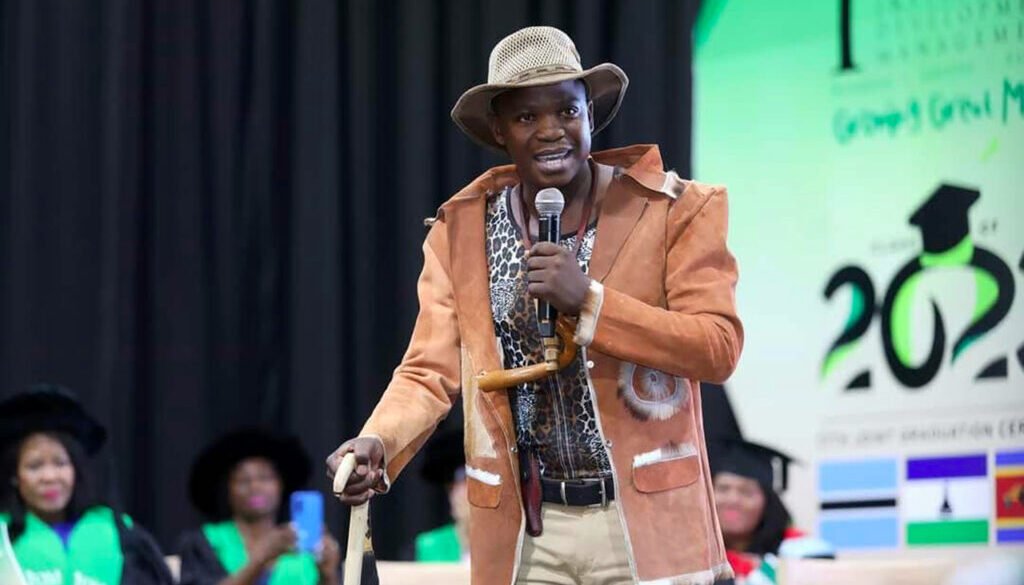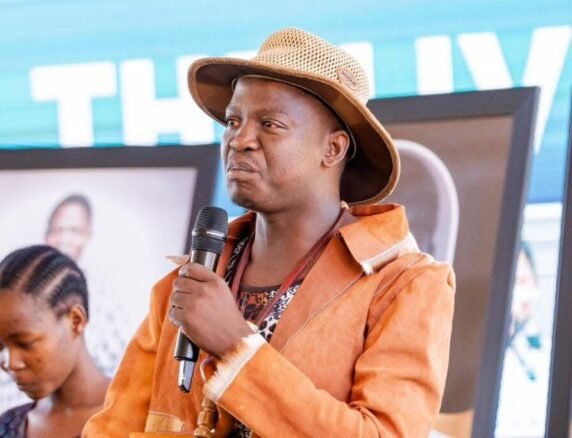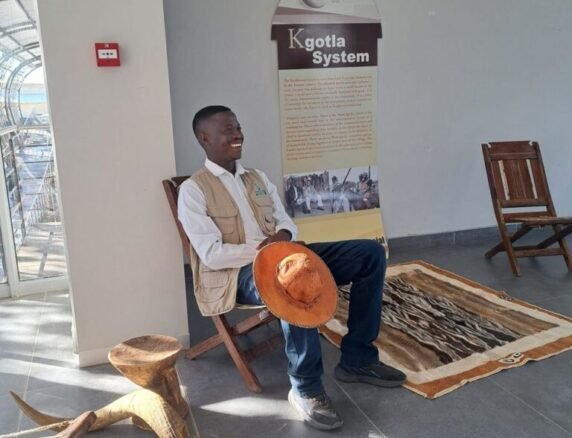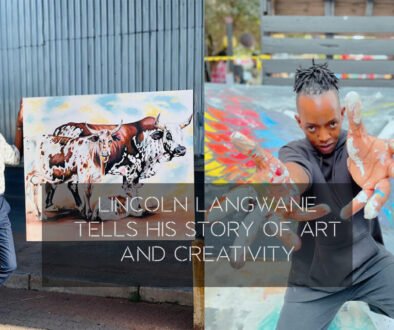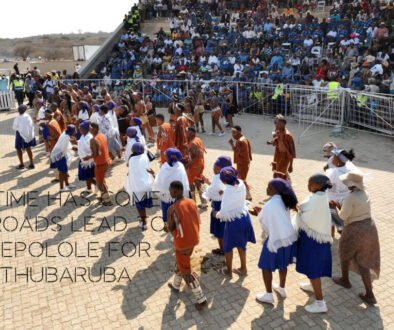Serurubele redefines Setswana culture
In the tapestry of Setswana culture, where rich threads of poetry, ancient wisdom, and timeless practices intertwine, there walks a young soul named Serurubele. He is a living embodiment of art and a guardian of heritage, a true phoenix rising from the ashes of forgotten traditions.
As the first president of Botswana once declared, “A nation without culture is a lost nation,” and with Serurubele, Botswana is undoubtedly in good hands, poised to weather any storm.
Serurubele’s poetic spirit and cultural fervor were not acquired, but rather a birthright, blossoming within him from a tender age. He once plied his trade in the health sector, yet even there, the muse of poetry often called, a whisper that has now grown into a commercial symphony.
Though he holds a Bachelor of Public Health from the Institute of Development Management (IDM), earned in the year of 2021, his heart beats to a different drum, one that echoes with the ancient rhythms of his people.
He has left no stone unturned in his valiant quest to enlighten and preserve Setswana culture, saving it from the clutches of oblivion. He is a clarion call of heritage, a princely voice in Setswana poetry, and a master storyteller of Mainane and Dithamalakane.
Serurubele is a cultural custodian, having sown the seeds of cultural education among the young ones from the grassroots. His voice now graces the airwaves on Duma FM, through a radio feature aptly named Sekhutlwane sa Bannye, a small corner for the young.
Presently, he is a man of the wild, navigating through the verdant bush across the country, on a treasure hunt for fresh, indigenous Mooka, the elusive stingless bee honey. This endeavor is more than a mere venture; it is a pilgrimage to rekindle the flame of Setswana culture, one that takes immense pride in its indigenous fare, especially those gifts gathered from nature’s generous hand.
Traditionally, the Batswana were children of their environment, living by the bounty their surroundings offered for survival. In times of old, they were hunters, gatherers, and farmers, a way of life that, like a fading echo, has all but vanished.
For Serurubele, this quest for Mooka has presented an unexpected turn, a golden opportunity to harvest and package it as a commercial enterprise. What began as a noble endeavor to resurrect culture has revealed a honeypot, brimming with potential for his own well-being.
Mooka, a hidden gem, is typically found nestled within the earth, in places untouched by the restless tread of human and beast. It is the liquid gold crafted by stingless bees, who dwell beneath the surface, diligently gathering pollen and other natural treasures.
Serurubele reveals he has been working hand in glove with the National Agricultural Research and Development Institute (NARDI), a government research body dedicated to enriching the nation’s agricultural contribution to the Gross Domestic Product (GDP) by optimizing the use of agricultural and natural products.
This institution also champions inclusion and the sharing of knowledge, a mandate that led NARDI and Serurubele to cross paths, particularly concerning the Mooka project. In their shared journey, Serurubele came to grasp the myriad nutritional boons of Mooka, discovering its rich array of nutrients and its superior nutritional value compared to other kinds of honey. His Mooka, a pure elixir, contains no preservatives and is sold in its freshest state.
Mooka is affectionately dubbed “Mother Medicine,” with a growing chorus of traditional practitioners and researchers advocating for its use. The documented benefits of its regular consumption are nothing short of remarkable: it is believed to be a balm for asthma and allergies, a comfort for arthritis, a remedy for hepatitis, a healer of bladder infections, a soother of ulcers, and a vanquisher of dental pain.
Serurubele is not merely preserving culture; he is shaping the future, guiding the young ones to embrace their heritage and steering them away from the societal quicksand’s of today. He stands as a beacon, a shining example of the young leaders so desperately needed to carry forward traditions and practices that hold the key to safeguarding the next generation, ensuring they do not lose their way.
